(For a full list see below or go to Google Scholar, ResearcherID)
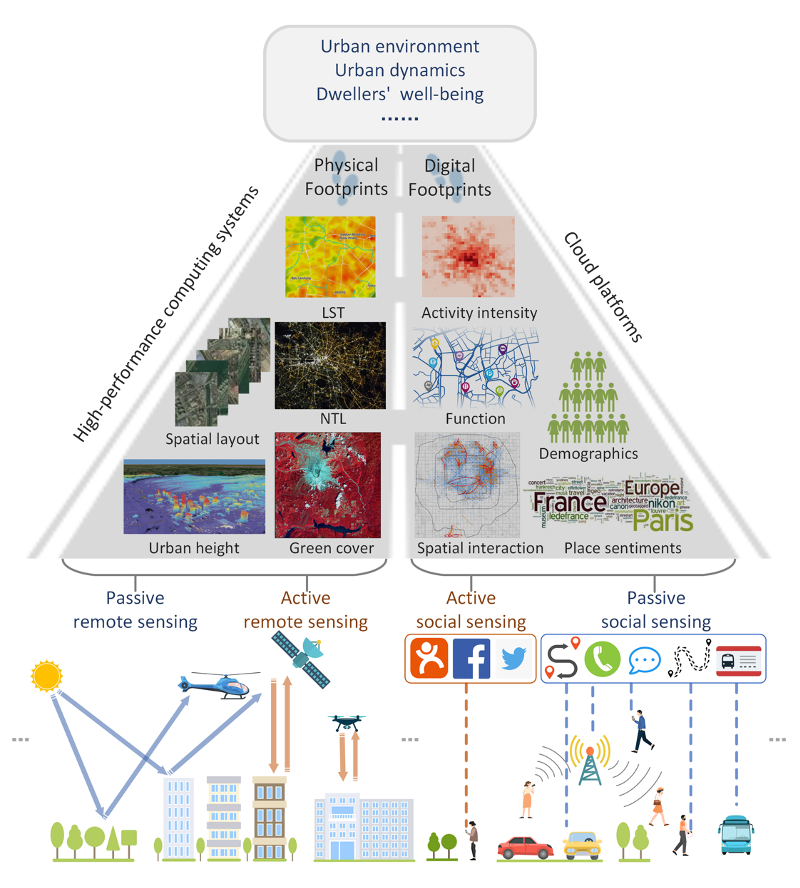
We explore and discuss the leading ideas and methodologies of the synergy between remote sensing and social sensing in a broad context of urban studies.
Xiaoyue Xing, Bailang Yu, Chaogui Kang, Bo Huang, Jianya Gong, Yu Liu
IEEE Geoscience and Remote Sensing Magazine, 12(1), 108-137 (2024)
See also mp.weixin.qq.com .
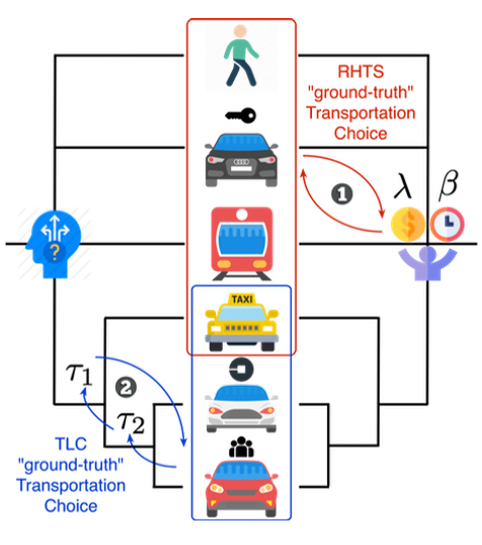
We offer an individual mode-choice and mode-shift simulation model and the Bayesian inference framework, and demonstrate how impact assessments can be performed in the events of incomplete mobility data.
Devashish Khulbe, Chaogui Kang, Satish Ukkusuri, Stanislav Sobolevsky
Data Science for Transportation, 5, 8 (2023)
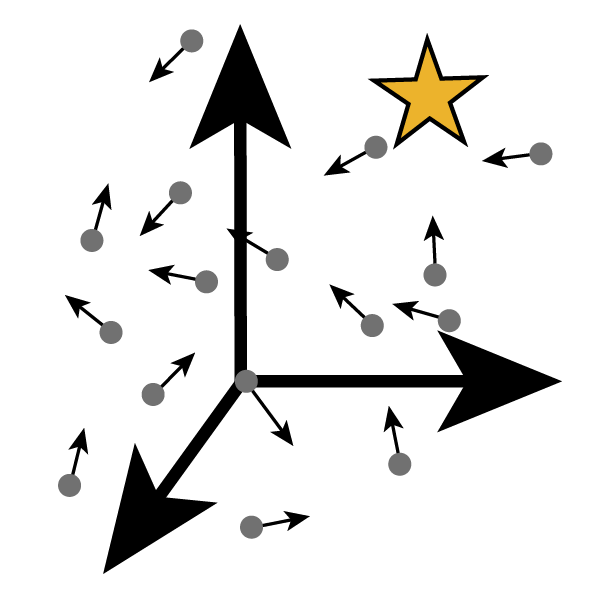
We introduce web search data to quantify the attractiveness of cities with a fine spatial scale (prefecture-level city) and relatively long-term span (nine years), which provides a new lens for predicting China’s economic development, as well as its spatial patterns.
Hao Guo, Weiyu Zhang, Haode Du, Chaogui Kang, Yu Liu
EPJ Data Science, 11, 20 (2022)
See also mp.weixin.qq.com .
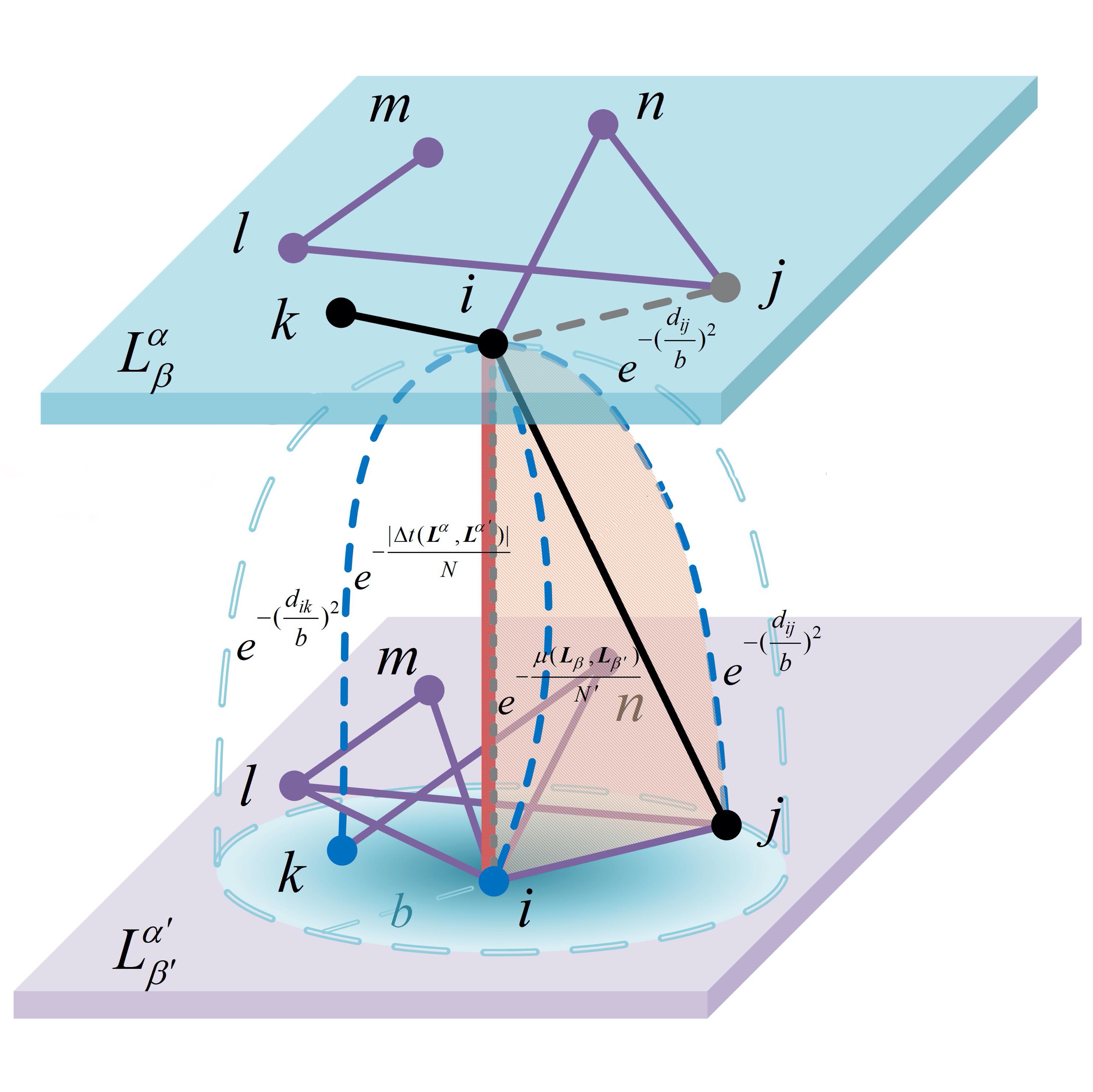
We propose a novel multilayer network model based on the nature of inherent spatial and temporal dependencies of urban interactions for alleviating the spatiotemporal inconsistency problem informed by noisy and inconsistent data in its spatial and temporal dimensions.
Chaogui Kang, Zhuojun Jiang, Yu Liu
International Journal of Geographical Information Science, 36(2), 360-381 (2022)
See also mp.weixin.qq.com .

We explore how remote sensing imagery can be used for reliable estimates of human activity volumes through an end-to-end deep learning framework incorporating the neighbouring effect that represents the inherent nature of spatial autocorrelation and the great explainability of physical environment on variations of activity volumes.
Xiaoyue Xing, Zhou Huang, Ximeng Cheng, Di Zhu, Chaogui Kang, Fan Zhang, Yu Liu
See also mp.weixin.qq.com .

We build a unified framework for distinguishing the spatiotemporal visit patterns of urban places by different social groups using mobile phone data that could assist urban planners and municipal managers to identify critical urban places frequented by different population groups according to their roles and social-cultural characteristics for improvement in urban facility allocation.
Chaogui Kang, Li Shi, Fahui Wang, Yu Liu
Transactions in GIS, 24(6), 1504-1525 (2020)
See also mp.weixin.qq.com .
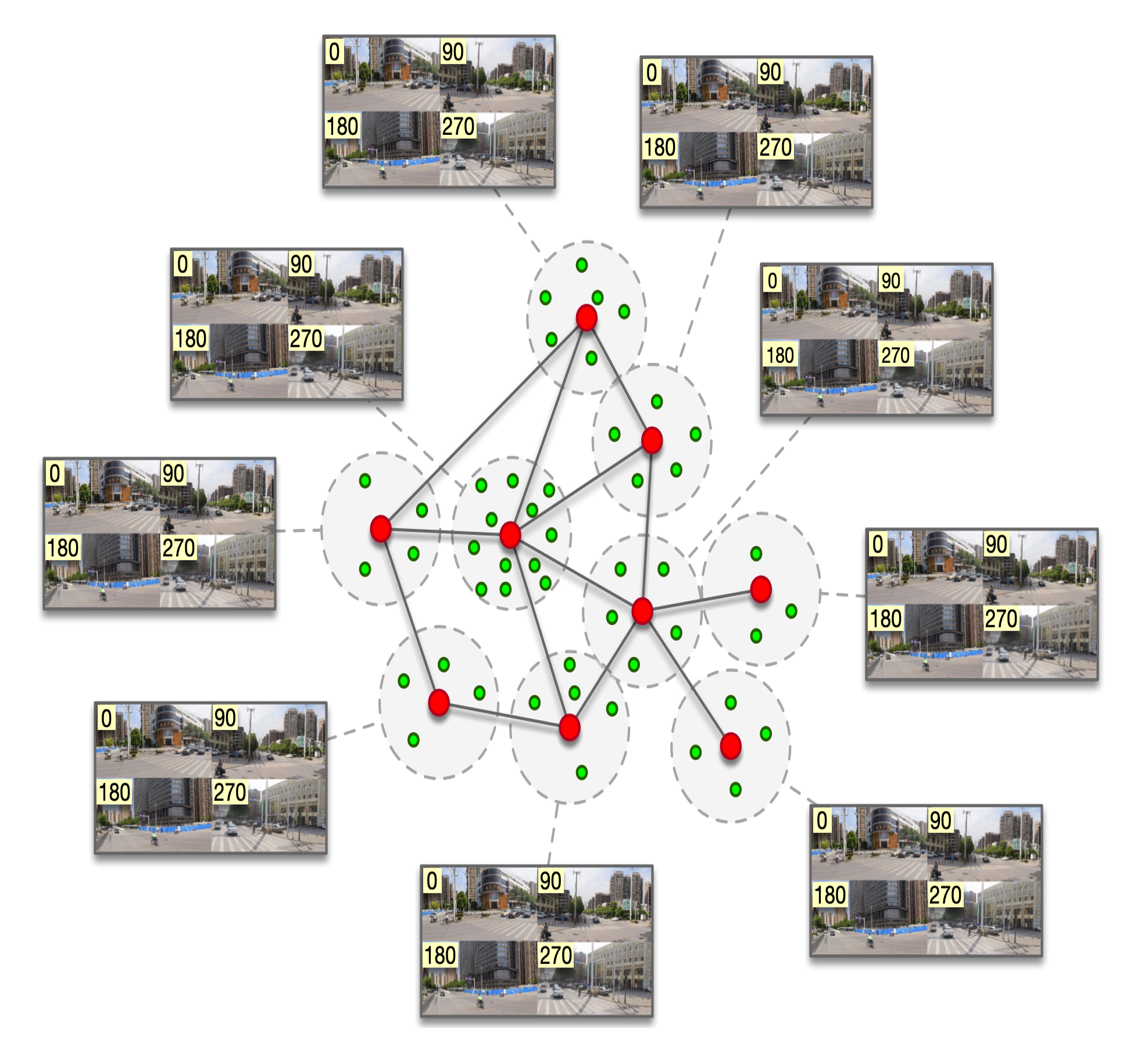
We proposed a novel and effective approach to examine the relationships between urban built environment features and the possibility of emerging traffic congestion situations based on a machine-learning technique and publicly available street-view images and points-of-interest data.
Kun Qin, Yuanquan Xu, Chaogui Kang, Mei-Po Kwan
Transactions in GIS, 24(5), 1382-1401 (2020)
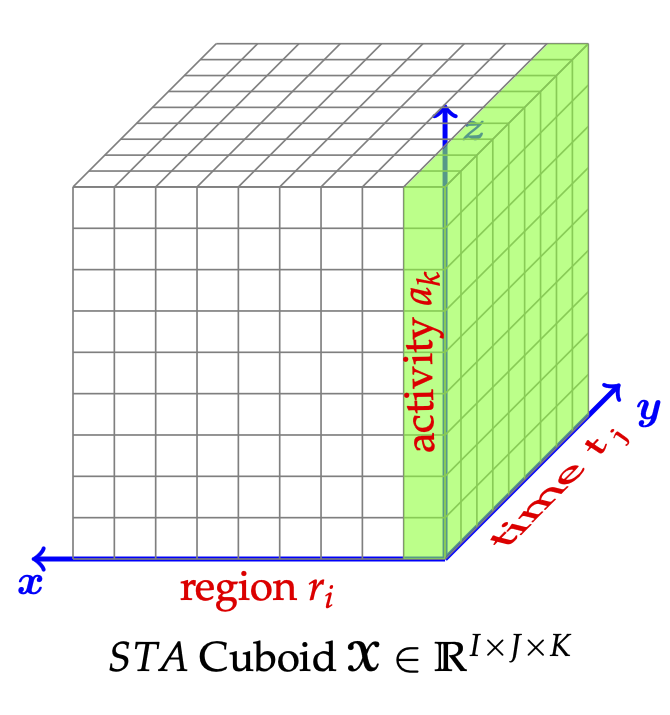
We proposed a framework for mixed-use decomposition based on big geospatial data, consisting of four steps as temporal activity signature extraction, urban function base curve extraction, mixed-use decomposition, and result validation.
Lun Wu, Ximeng Cheng, Chaogui Kang, Di Zhu, Zhou Huang, Yu Liu
International Journal of Digital Earth, 13(6), 708-726 (2020)
See also mp.weixin.qq.com .
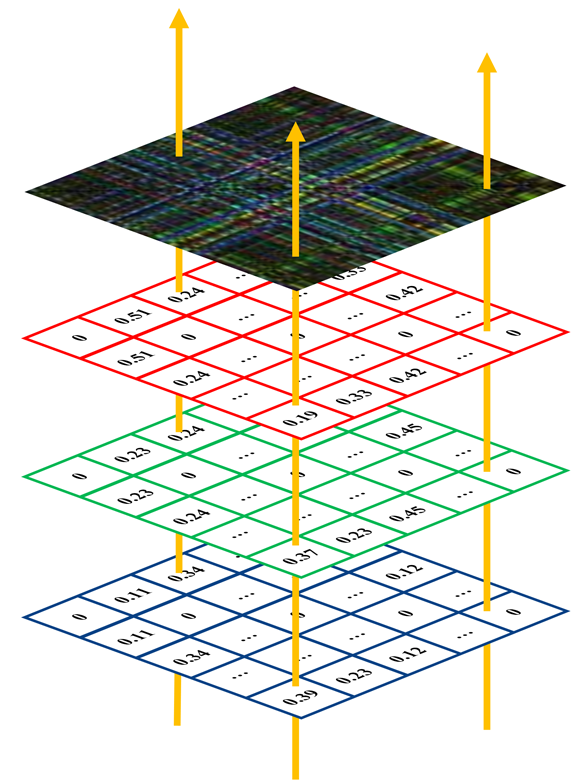
We developed a novel spectral clustering framework for unveiling the spatio‐temporal interplay between different mass transit modes with a comprehensive data collection of bus, metro, and taxicab ridership from Shenzhen, China.
Mengxue Yue, Chaogui Kang, Clio Andris, Kun Qin, Yu Liu, Qingxiang Meng
Transactions in GIS, 22(3), 855-871 (2018)
See also mp.weixin.qq.com .
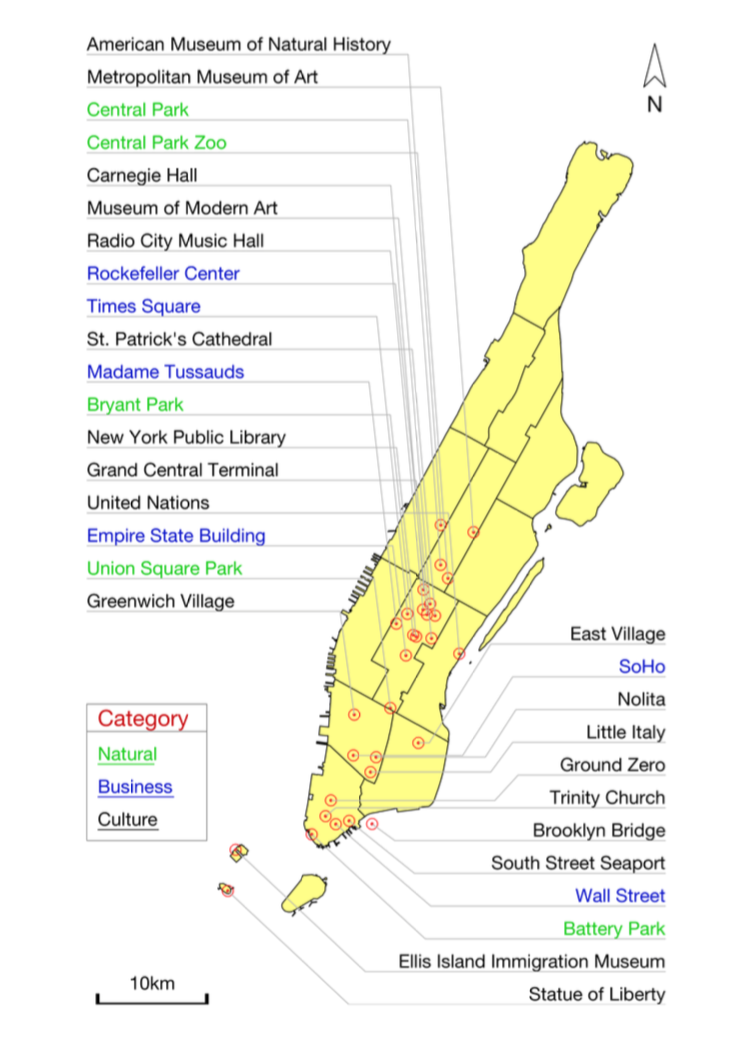
We utilized geo-tagged photos from Flickr to extract trajectories of tourists and extended the concept of motifs from topological spaces, to temporal spaces and to semantic spaces, for detecting meaningful tourist mobility patterns.
Liu Yang, Lun Wu, Yu Liu, Chaogui Kang
ISPRS International Journal of Geo-Information, 6(11), 345 (2017)
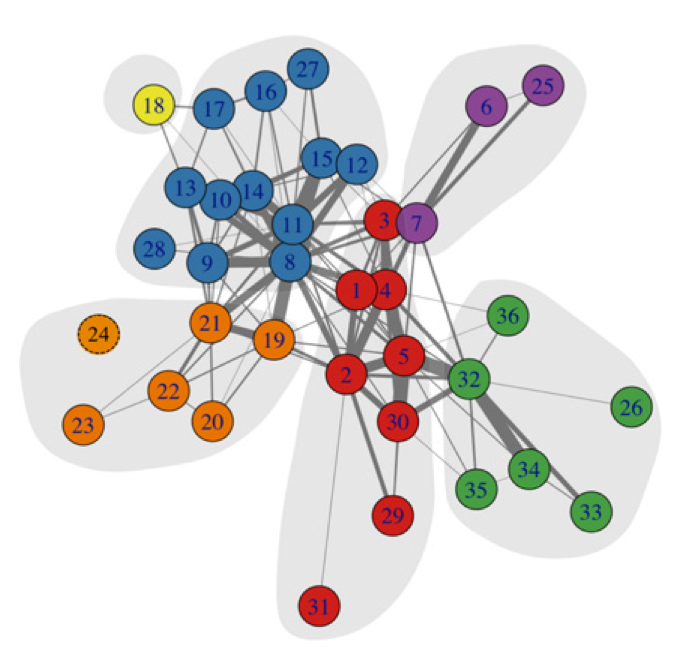
We developed a matrix factorization based analytical framework to quantify, visualize and evaluate the efficiency performances of taxicabs with distinct spatial operation behaviors.
Chaogui Kang, Kun Qin
Computers, Environment and Urban Systems, 60, 79-88 (2016)
See also mp.weixin.qq.com .
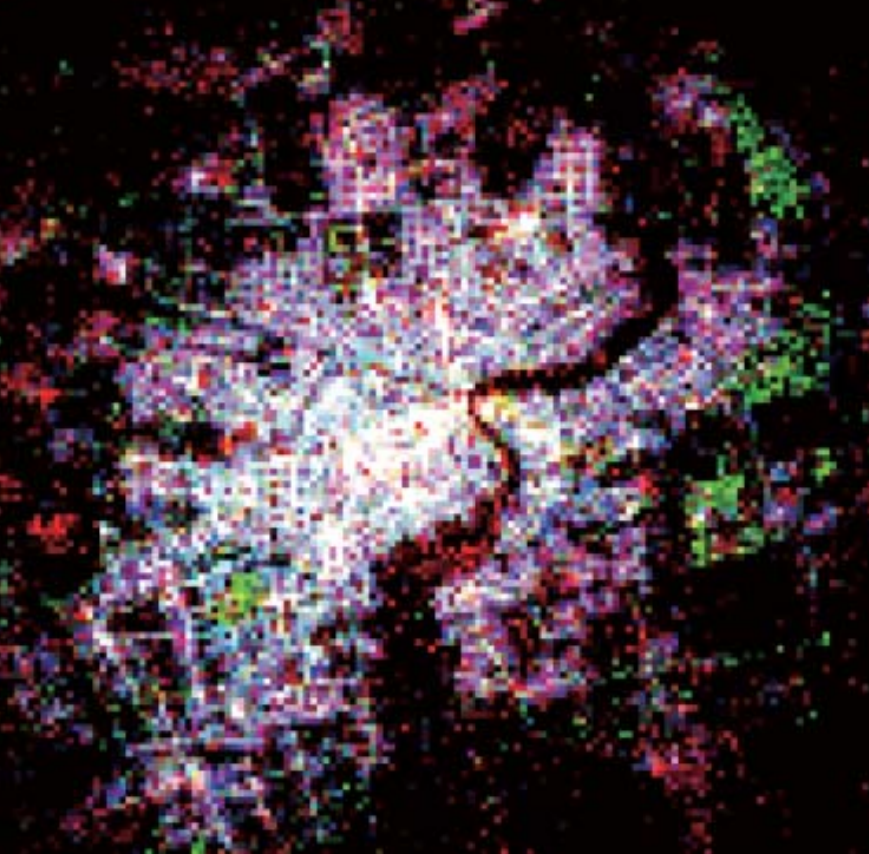
We proposed social sensing as the analogue and complement of remote sensing to capture the socioeconomic features of urban environment with individual-level big geospatial data.
Yu Liu, Xi Liu, Song Gao, Li Gong, Chaogui Kang, Ye Zhi, Guanghua Chi, Li Shi
Annals of the Association of American Geographers, 105(3), 512-530 (2015)
See also Peking University news and mp.weixin.qq.com .
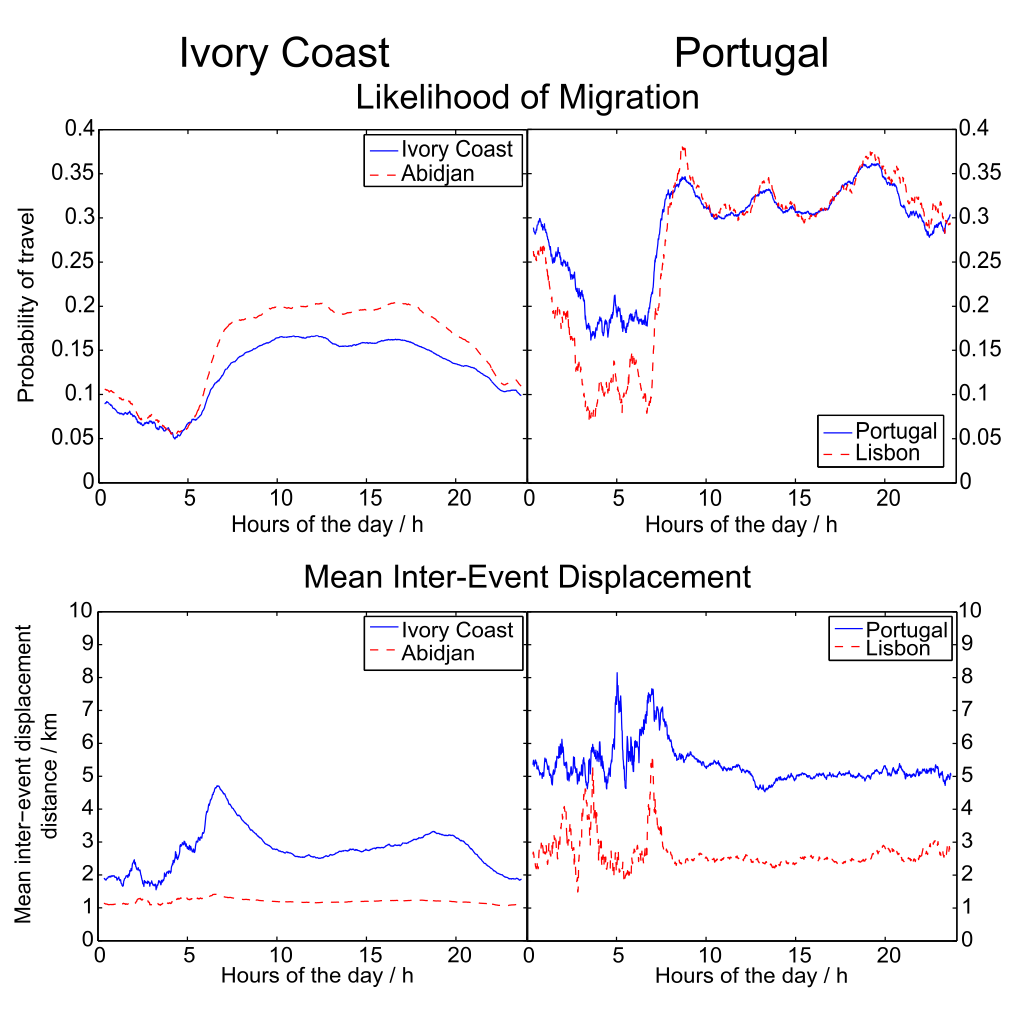
We unraveled how cultural and linguistic diversity in developing regions (such as Ivory Coast) can present challenges to mobility models that perform well and were conceptualized in less culturally diverse regions.
Alexander Amini, Kevin Kung, Chaogui Kang, Stanislav Sobolevsky, Carlo Ratti
EPJ Data Science, 3(6), 1-20 (2014)
See also United Nations Global Pulse by Jennifer Poole .

We integrated mobile phone and taxicab trajectory data to explore human movements in Singapore and reveal that mobile phone movements manifest substantially different spatio-temporal characteristics compared to taxicab trips.
Chaogui Kang, Stanislav Sobolevsky, Yu Liu, Carlo Ratti
The 2nd International Workshop on Urban Computing, 1-7 (2013)
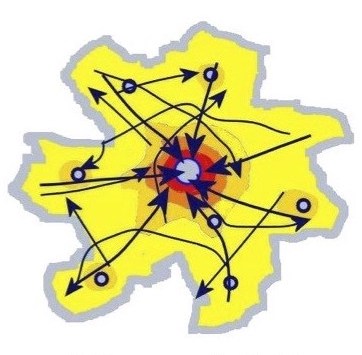
We uncovered that the distance distribution of intra-urban human mobility captured by mobile phone data in general follows the exponential law and the corresponding exponent depends on the size and shape of the city.
Chaogui Kang, Xiujun Ma, Daoqin Tong, Yu Liu
Physica A - Statistical Mechanics and its Applications, 391(4), 1702-1717 (2012)
SX-GeoTree: Self-explaining geospatial regression tree incorporating the spatial similarity of feature attributions
Chaogui Kang, Lijian Luo, Qingfeng Guan, Yu Liu
The impact of complexity in the built environment on vehicular routing behavior: Insights from an empirical study of taxi mobility in Beijing, China
Chaogui Kang, Zheren Liu
Association between built environment characteristics and traffic congestion in school neighborhoods in Beijing, China
Chaogui Kang, Xiaxin Wu, Jialei Shi, Chao Yang
Exploring the change rules of animal movement patterns among species using turning behavioural structure
Tianxing Yu, Jianya Gong, Chaogui Kang, Kunlun Qi, Huayi Wu, Jie Zheng, Guo’an Tang
Nowhere to hide: The sunk costs of subscribing telecommunication service
Chaogui Kang, Yaoli Wang, Di Zhu, Yu Liu
A gravity-informed spatiotemporal transformer for human activity intensity prediction
Yi Wang, Zhenghong Wang, Fan Zhang, Chaogui Kang, Sijie Ruan, Di Zhu, Chengling Tang, Zhongfu Ma, Weiyu Zhang, Yu Zheng, Philip S. Yu, Yu Liu
IEEE Transactions on Pattern Analysis and Machine Intelligence, doi:10.1109/TPAMI.2025.3625859 (2025)
Discovering structure and influencing factors of Chinese city directed network (CCDN) from web search engine data
Yuanquan Xu, Chaogui Kang, Wei Jiao, Yanhong Jia
Applied Geography, 177, 103564 (2025)
Characterizing the temporally stable structure of community evolution in intra-urban origin-destination networks
Xiao-Jian Chen, Yuhui Zhao, Chaogui Kang, Xiaoyue Xing, Quanhua Dong, Yu Liu
Cities, 150, 105033 (2024)
Constructing topology-constraint distance cartograms with application on spatial interaction data
Tianyou Cheng, Hao Guo, Xiao-Jian Chen, Quanhua Dong, Chaogui Kang, Yu Liu
Transactions in GIS, 28(5), 1196-1215 (2024)
Investigating the effect of industry-specific economic distance on the prediction of intercity population movement
Yuxia Wang, Xin Yao, Jianying Wang, Chaogui Kang, Xing Meng, Guohua Hu, Yu Liu, Xia Li
Cities, 150, 105047 (2024)
Towards semantic enrichment for spatial interactions
Yu Liu, Shengyin Wang, Xuechen Wang, Yunhao Zheng, Xiaojian Chen, Yang Xu, Chaogui Kang
Annals of GIS, 30(2), 151-166 (2024)
The synergy between remote sensing and social sensing in urban studies: Review and perspectives
Xiaoyue Xing, Bailang Yu, Chaogui Kang, Bo Huang, Jianya Gong, Yu Liu
IEEE Geoscience and Remote Sensing Magazine, 12(1), 108-137 (2024)
A space-time prism based carpooling model for shared mobility
Jiewen Li, Chaogui Kang
Geomatics and Information Science of Wuhan University, 49(9), 1702-1711 (2024)
Querying similar multi-dimensional time series with spatial database
Zheren Li, Chaogui Kang, Xiaoyue Xing
ISPRS International Journal of Geo-Information, 12(4), 179 (2023)
A probabilistic simulation framework to assess the impacts of ridesharing and congestion charging in New York City
Devashish Khulbe, Chaogui Kang, Satish Ukkusuri, Stanislav Sobolevsky
Data Science for Transportation, 5, 8 (2023)
Understanding citizens’ sentimental status under the urban livability environment through social media data: A case study of Wuhan
Lai Chen, Chao Yang, Chaogui Kang
Journal of Geodesy and Geoinformation Science, 5(2), 49-59 (2022)
Understanding China’s urban system evolution from web search index data
Hao Guo, Weiyu Zhang, Haode Du, Chaogui Kang, Yu Liu
EPJ Data Science, 11, 20 (2022)
Delineating urban subdistricts with comprehensive functions from taxi trajectory data in multiple years
Zhuo Zhen, Chaogui Kang
Journal of Geo-Information Science, 24(10), 1982-1992 (2022)
Measuring hub locations in time-evolving spatial interaction networks based on explicit spatiotemporal coupling and group centrality
Chaogui Kang, Zhuojun Jiang, Yu Liu
International Journal of Geographical Information Science, 36(2), 360-381 (2022)
Evaluating healthcare resource inequality in Beijing, China based on an improved measurement of spatial accessibility
Yong Gao, Shize Gong, Fan Zhang, Lan Mu, Chaogui Kang, Yu Liu
Transactions in GIS, 25(3), 1504-1521 (2021)
Social graph concolutional LSTM for pedestrian trajectory prediction
Yutao Zhou, Huayi Wu, Hongquan Cheng, Kunlun Qi, Kai Hu, Chaogui Kang, Jie Zheng
IET Intelligent Transport Systems, 15(3), 396-405 (2021)
Methods of social sensing in urban studies
Yu Liu, Song Gao, Yihong Yuan, Fan Zhang, Chaogui Kang, Yuhao Kang, Keli Wang
Urban Remote Sensing, 71-88 (2021)
An ensemble learning approach for urban land use mapping based on remote sensing imagery and social sensing data
Zhou Huang, Houji Qi, Chaogui Kang, Yuelong Su, Yu Liu
Remote Sensing, 12(19), 3254 (2020)
Mapping human activity volumes through remote sensing imagery
Xiaoyue Xing, Zhou Huang, Ximeng Cheng, Di Zhu, Chaogui Kang, Fan Zhang, Yu Liu
IEEE Journal of Selected Topics in Applied Earth Observations and Remote Sensing, 13, 5652-5668 (2020)
How urban places are visited by social groups? Evidence from matrix factorization on mobile phone data
Chaogui Kang, Li Shi, Fahui Wang, Yu Liu
Transactions in GIS, 24(6), 1504-1525 (2020)
A graph convolutional network model for evaluating potential congestion spots based on local urban built environments
Kun Qin, Yuanquan Xu, Chaogui Kang, Mei-Po Kwan
Transactions in GIS, 24(5), 1382-1401 (2020)
Validating activity, time and space diversity as essential components of urban vitality
Chaogui Kang, Dongwan Fan, Hongzan Jiao
Environment and Planning B - Urban Analytics and City Science, 48(5), 1180-1197 (2020)
Analytical methods and applications of spatial interactions in the era of big data
Yu Liu, Xin Yao, Yongxi Gong, Chaogui Kang, Xun Shi, Fahui Wang, Jiao’e Wang, Yi Zhang, Pengfei Zhao, Di Zhu, Xinyan Zhu
Acta Geographica Sinica, 75(7), 1523-1538 (2020)
Modeling spatio-temporal evolution of urban crowd flows
Kun Qin, Yuanquan Xu, Chaogui Kang, Stanislav Sobolevsky, Mei-Po Kwan
ISPRS International Journal of Geo-Information, 8(12), 570 (2019)
Escaping from pollution: The effect of air quality on inter-city population mobility in China
Can Cui, Zhen Wang, Pan He, Shanfeng Yuan, Beibei Niu, Ping Kang, Chaogui Kang
Environmental Research Letters, 14, 124025 (2019)
A framework for mixed-use decomposition based on temporal activity signatures extracted from big geo-data
Lun Wu, Ximeng Cheng, Chaogui Kang, Di Zhu, Zhou Huang, Yu Liu
International Journal of Digital Earth, 13(6), 708-726 (2020)
Impact of weather condition on intra-urban travel behavior: evidence from taxi trajectory data
Chaogui Kang, Xuan Liu, Xinyue Xu, Kun Qin
Journal of Geo-information Science, 21(1), 118-127 (2019)
An analytical framework for understanding urban functionality from human activities
Chaogui Kang, Yu Liu
The 10th International Conference on Geographic Information Science, 1-8 (2018)
Understanding the interplay between bus, metro and cab ridership dynamics in Shenzhen, China
Mengxue Yue, Chaogui Kang, Clio Andris, Kun Qin, Yu Liu, Qingxiang Meng
Transactions in GIS, 22(3), 855-871 (2018)
Quantifying tourist behavior patterns by travel motifs and geo-tagged photos from Flickr
Liu Yang, Lun Wu, Yu Liu, Chaogui Kang
ISPRS International Journal of Geo-Information, 6(11), 345 (2017)
An analysis of entropy of human mobility from mobile phone data
Chaogui Kang, Yu Liu, Lun Wu
Geomatics and Information Science of Wuhan University, 42(1), 63-69 (2017)
Understanding operation behaviors of taxicabs in cities by matrix factorization
Chaogui Kang, Kun Qin
Computers, Environment and Urban Systems, 60, 79-88 (2016)
Predicting vehicular emissions in high spatial resolution using pervasively measured transportation data and microscopic emissions model
Marguerite Nyhan, Stanislav Sobolevsky, Chaogui Kang, Prudence Robinson, Andrea Corti, Michael Szell, David Streets, Zifeng Lu, Rex Britter, Steven R.H. Barrett, Carlo Ratti
Atmospheric Environment, 140, 352-363 (2016)
Incorporating spatial interaction patterns in classifying and understanding urban land use
Xi Liu, Chaogui Kang, Li Gong, Yu Liu
International Journal of Geographical Information Science, 30(2), 334-350 (2016)
A generalized radiation model for human mobility: spatial scale, searching direction and trip constraint
Chaogui Kang, Yu Liu, Diansheng Guo, Kun Qin
PLoS ONE, 10(11), e0143500 (2015)
Social sensing: a new approach to understanding our socioeconomic environments
Yu Liu, Xi Liu, Song Gao, Li Gong, Chaogui Kang, Ye Zhi, Guanghua Chi, Li Shi
Annals of the Association of American Geographers, 105(3), 512-530 (2015)
The impact of social segregation on human mobility in developing and urbanized regions
Alexander Amini, Kevin Kung, Chaogui Kang, Stanislav Sobolevsky, Carlo Ratti
EPJ Data Science, 3(6), 1-20 (2014)
Towards big-data-based human mobility patterns and models
Yu Liu, Chaogui Kang, Fahui Wang
Geomatics and Information Science of Wuhan University, 39(6), 660-666 (2014)
Uncovering patterns of inter-urban trip and spatial interaction from social media check-in data
Yu Liu, Zhengwei Sui, Chaogui Kang, Yong Gao
PLoS ONE, 9(1), e86026 (2014)
Analyzing relatedness by toponym co-occurrences on web pages
Yu Liu, Fahui Wang, Chaogui Kang, Yong Gao, Yongmei Lu
Transactions in GIS, 18(1), 89-107 (2014)
Inferring properties and revealing geographical impacts of inter-city mobile communication network of China using a subnet data set
Chaogui Kang, Yi Zhang, Xiujun Ma, Yu Liu
International Journal of Geographical Information Science, 27(3), 431-448 (2013)
Exploring human movements in Singapore: a comparative analysis based on mobile phone and taxicab usages
Chaogui Kang, Stanislav Sobolevsky, Yu Liu, Carlo Ratti
The 2nd International Workshop on Urban Computing, 1-7 (2013)
Traffic flow simulation based on call detail records
Jiansheng Wu, Li Huang, Yu Liu, Jian Peng, Weifeng Li, Song Gao, Chaogui Kang
Acta Geographica Sinica, 67(12), 1657-1665 (2012)
Towards estimating urban population distributions from mobile call data
Chaogui Kang, Yu Liu, Xiujun Ma, Lun Wu
Journal of Urban Technology, 19(4), 3-21 (2012)
Understanding intra-urban trip patterns from taxi trajectory data
Yu Liu, Chaogui Kang, Song Gao, Yu Xiao, Yuan Tian
Journal of Geographical Systems, 14(4), 463-483 (2012)
Intra-urban human mobility patterns: an urban morphology perspective
Chaogui Kang, Xiujun Ma, Daoqin Tong, Yu Liu
Physica A - Statistical Mechanics and its Applications, 391(4), 1702-1717 (2012)
A review of human mobility research based on location aware devices
Yu Liu, Yu Xiao, Song Gao, Chaogui Kang, Yaoli Wang
Geography and Geo-Information Science, 27(4), 8-13 (2011)